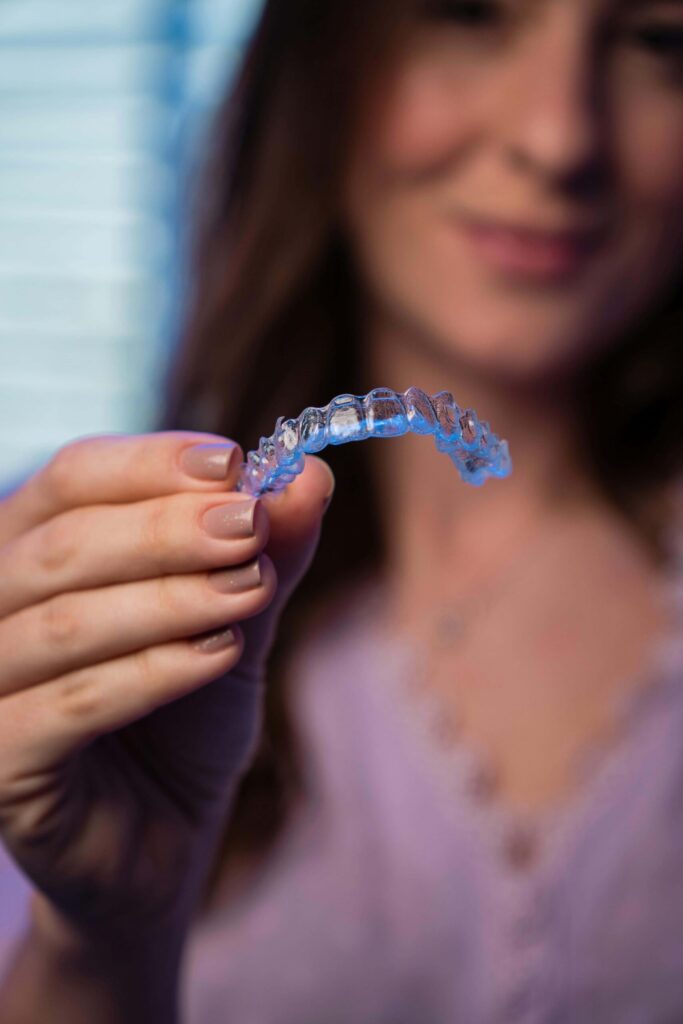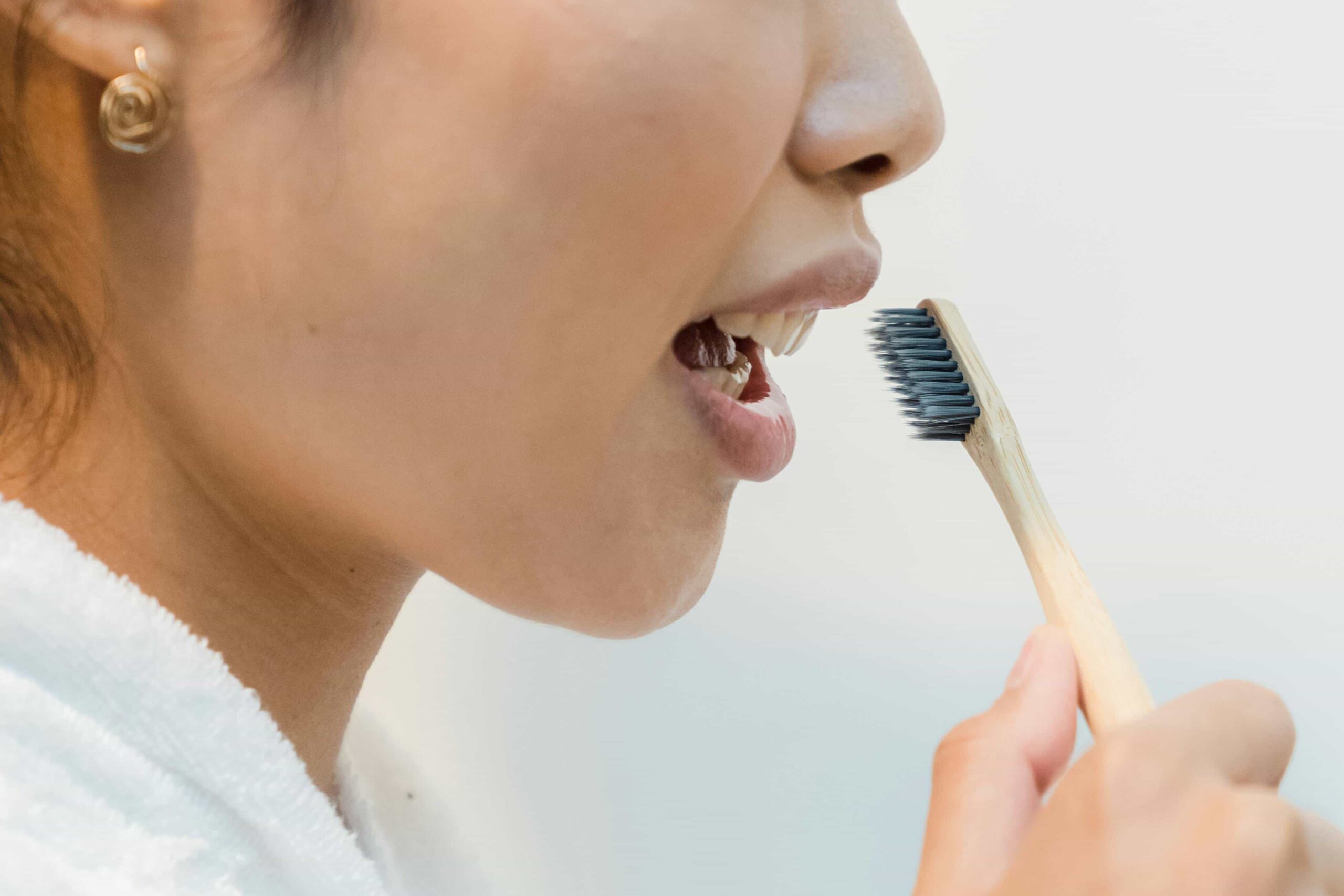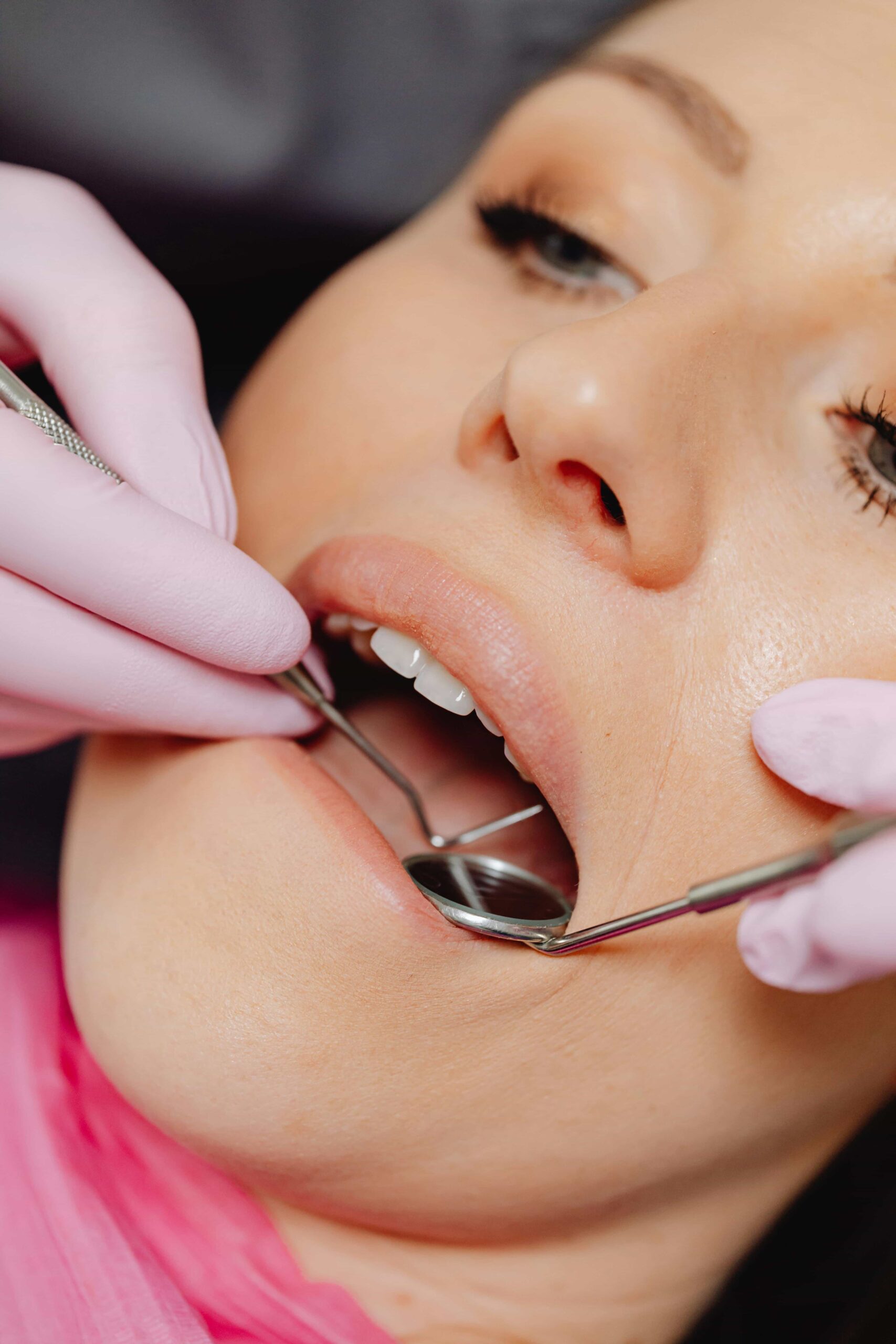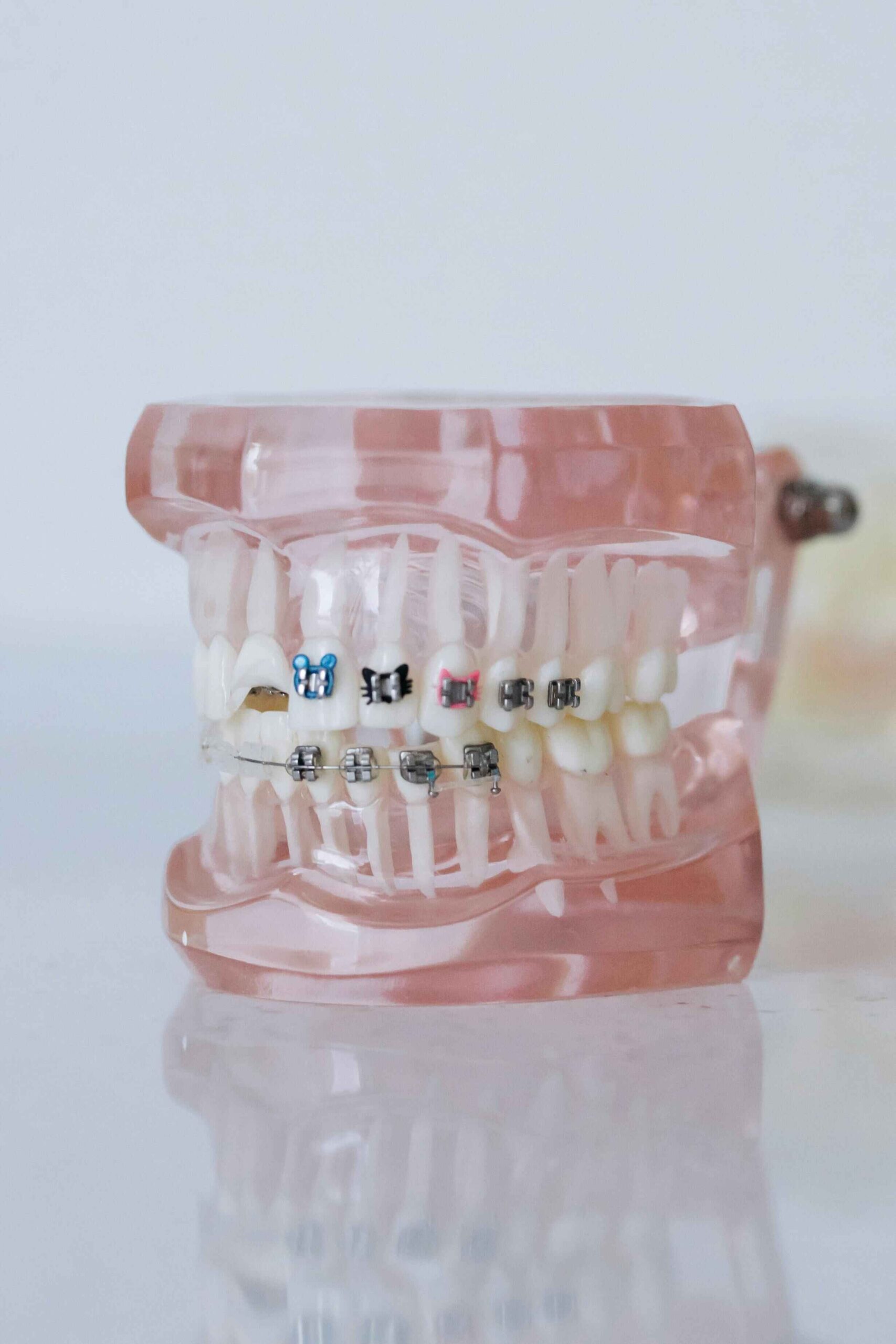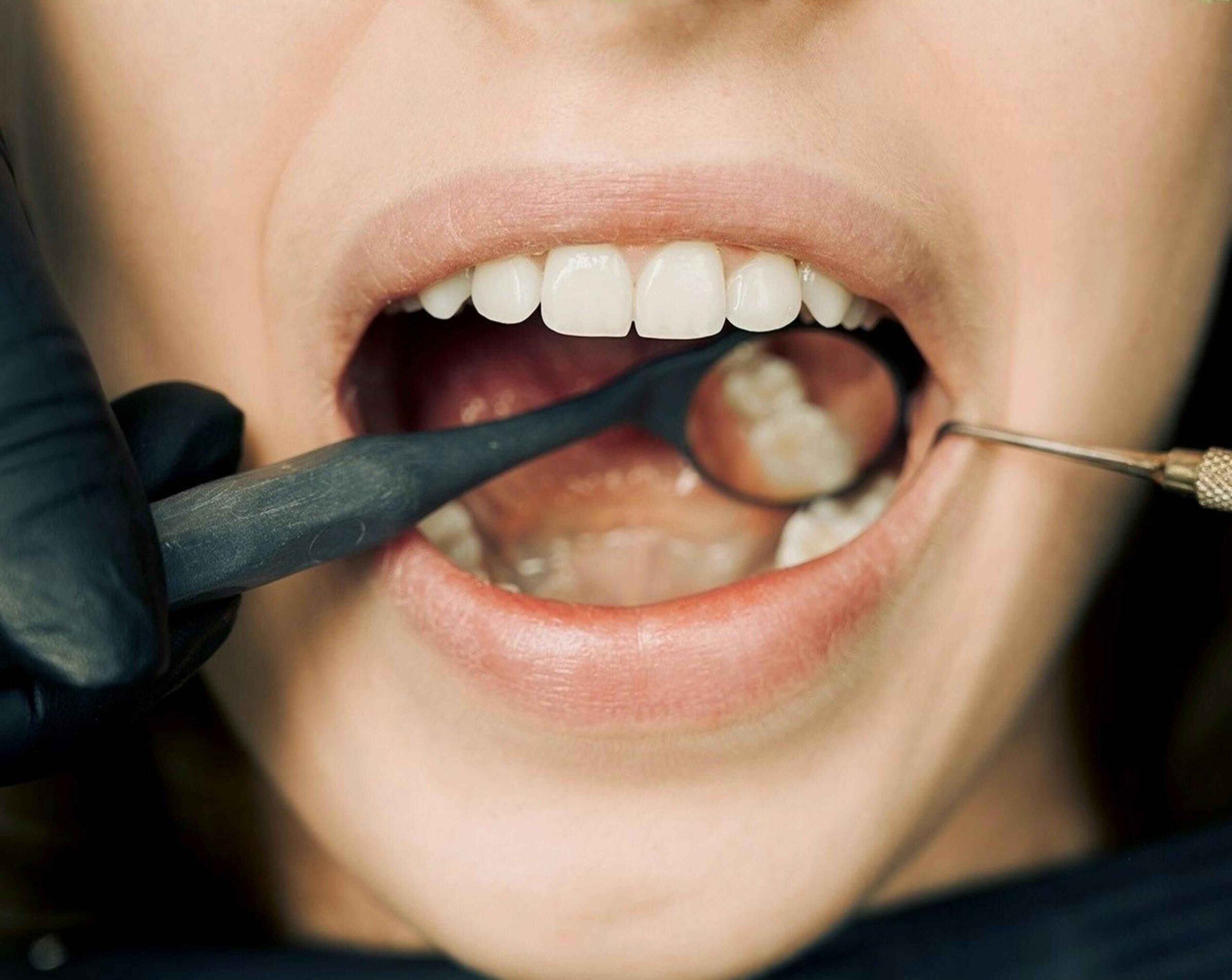Orthodontic treatment doesn’t end the day your braces come off or you stop using clear aligners. Retainers play a crucial role in maintaining your new smile. But when can you stop wearing your retainer?
This guide will explore the importance of retainers, the different types available, how long you need to wear them, and how to ensure your smile remains picture-perfect.
Let’s take a look.
The Role of Retainers in Orthodontic Treatment
After your orthodontic treatment, your teeth need time to settle into their new positions. Your retainers ensure those perfectly aligned teeth stay where they belong, as the surrounding gums and bones stabilize. Without retainers, your teeth may slowly shift back to their original positions—a process called orthodontic relapse.
Think of retainers as the finishing touch that protects the time, effort, and money invested in your new smile.
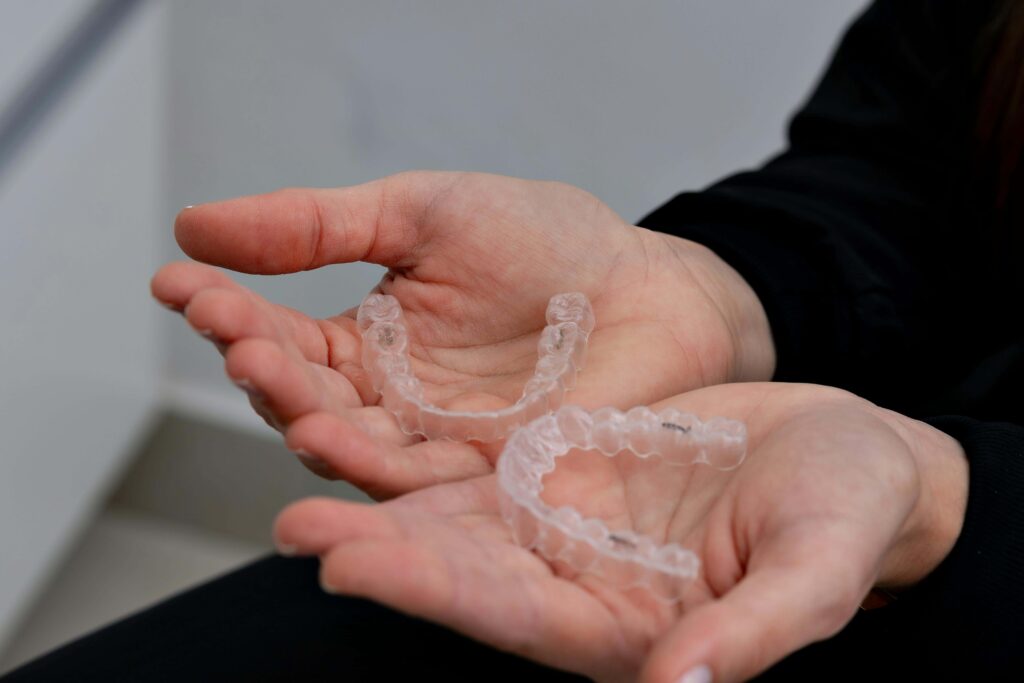
Types of Retainers
Not all retainers are created equal. Depending on your needs and lifestyle, your orthodontist may recommend one of the following:
1. Hawley Retainers
These traditional retainers consist of a plastic base that sits against the roof of your mouth, and a wire that wraps around the front teeth to keep them in place. Hawley retainers are custom-made to fit your mouth and can be adjusted by your orthodontist if needed.
- Made from acrylic and metal wires.
- Durable and adjustable.
- Easy to clean.
- Removable, but noticeable when worn.
2. Essix Retainers
Essix retainers are clear plastic trays that fit snugly over your teeth, similar to clear aligners. They are custom-made to fit your mouth and can be easily removed for eating or brushing.
- Clear, plastic retainers similar in appearance to clear aligners.
- Less noticeable than Hawley retainers.
- Convenient for those who prefer a discreet option.
- Require careful handling to avoid cracking.
3. Fixed (or Bonded) Retainers
Fixed or bonded retainers are thin wires that are attached to the back of your teeth with dental cement. They are not visible and stay in place permanently, ensuring your teeth don’t shift.
- A thin wire cemented to the back of your teeth.
- Permanent and non-removable.
- Low maintenance as you don’t need to worry about wearing or losing them.
- Require extra attention during brushing and flossing to prevent buildup.
Each type has its pros and cons, so consult with your orthodontist to determine which option is best for you.
When Do You Start Wearing Retainers?
The moment your orthodontic treatment ends, your retainer should become part of your daily routine. Your orthodontist will likely provide you with specific instructions tailored to your situation, but here’s what you can generally expect:
- Right After Treatment: Retainers are typically worn full-time (day and night) for at least 3 to 6 months.
- Long-Term Maintenance: After the initial period, you may switch to wearing your retainer only at night.
Consistency is key to ensuring that your teeth stabilize in their new positions.
When Can You Stop Wearing Your Retainer?
The question of “when can I stop wearing my retainer?” doesn’t have a one-size-fits-all answer. For most people, retainers need to be worn for as long as they want to keep their teeth in their corrected positions.
The answer depends on your unique oral structure and lifestyle. While general recommendations exist, everyone is different.
Here’s a typical timeline:
- First Year Post-Treatment: Wear your retainer every day and night (except when eating or brushing). This is when your teeth are most prone to shifting.
- 1–3 Years Post-Treatment: You may reduce wear to nighttime only, as your gums and bones begin to stabilize your teeth.
- After 3+ Years: To maintain your smile for life, wearing your retainer at least a few nights a week is recommended. Remember, your teeth can shift at any age due to natural wear or changes in your oral structure.
For those using fixed retainers, you’ll need to follow your orthodontist’s guidance on monitoring and maintaining the bonded wire over time.
Signs You May Need to Wear Your Retainer Longer
Certain factors might mean you need to extend your retainer use.
Keep an eye out for these signs:
- Shifting Teeth: If you notice even slight movement, it’s time to revisit wearing your retainer full-time.
- Jaw Growth: If your jaw is still developing (as in younger patients), your teeth may be more prone to moving.
- Grinding or Jaw Issues: Issues like bruxism (teeth grinding) can impact alignment and increase your need for retainer wear.
If you notice any changes in your alignment, consult your orthodontist immediately.
Maintaining Your Smile
Retainers do more than just keep your teeth in place—they’re your defense against losing the smile you worked so hard to achieve. Beyond wearing your retainer as prescribed, here are some tips to keep your smile healthy and dazzling:
- Clean Your Retainer Daily: Use a soft toothbrush and mild soap or retainer cleaner to remove bacteria and buildup. Avoid hot water, which can warp plastic retainers.
- Keep Up with Dental Hygiene: Brush and floss regularly to keep your teeth and gums healthy.
- Store Safely: Always place removable retainers in their case when not in use to avoid damage or loss.
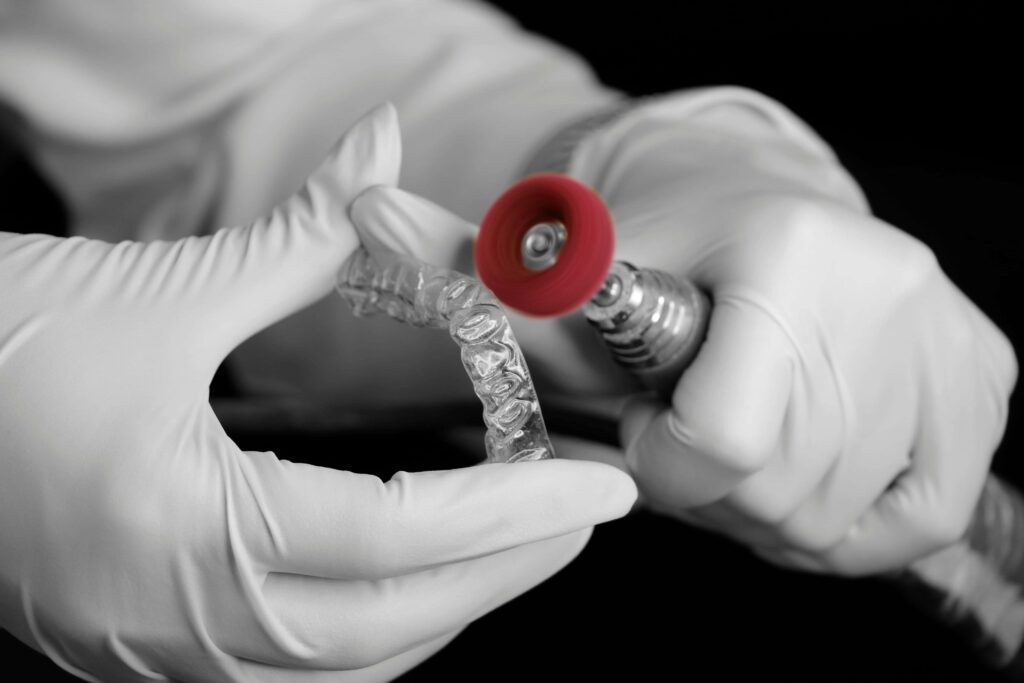
FAQs About Retainer Wear
Q1. When can I stop wearing my retainers full-time?
You’ll typically transition to nighttime-only wear after the first few months. Always follow your orthodontist’s guidance.
Q2. What happens if I stop wearing my retainer?
Without consistent retainer use, your teeth may shift back to their original positions, undoing your orthodontic results.
Q3. Do I need to wear my retainer forever?
To maintain your smile for life, you’ll need to wear your retainer at least a few nights per week indefinitely.
Q4. Can I replace my retainer if I lose it?
Yes, but it’s best to act quickly. Contact your orthodontist to get a replacement as soon as possible to prevent any shifting of your teeth.
Q5. How can I tell if my retainer no longer fits?
If your retainer feels tight, uncomfortable, or doesn’t fit as it used to, schedule a visit with your orthodontist.
Consult Wagner Orthodontics for Personalized Advice
When it comes to maintaining the results of your orthodontic treatment, commitment to retainer wear is essential. The question, “when can I stop wearing my retainer?” ultimately depends on your individual needs and oral structure.
Your smile deserves the very best care. At Wagner Orthodontics, we understand that every patient is unique. Whether you have questions about your retainers or want tips for maintaining your smile, we’re here to help. Our expert team, led by Dr. Peter Wagner, provides personalized guidance to ensure your smile stays as radiant as the day your braces came off.
Schedule a consultation today at our Longview or Chehalis office. Safeguard your smile with the trusted care of Wagner Orthodontics.
Your new smile is worth it!

